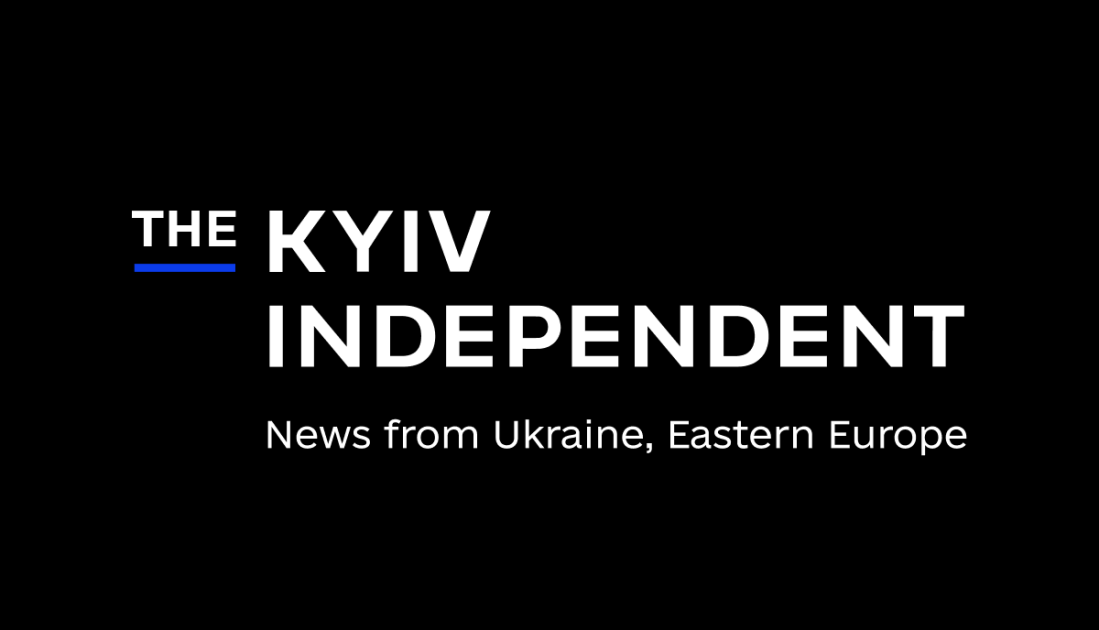Gazprom reports gas production drop of 25%

The state-owned Russian energy company Gazprom has released figures showing that its gas production fell by 25%, Russian news agency Interfax reported on Sept. 28.
The reporting period compares the first half of 2023 with the first half of 2022.
Gazprom blamed the fall on "the adoption in a number of countries of politically motivated decisions aimed at refusing to import Russian gas" in particular.
Gazprom also reported a drop in the supply of gas over the same period, as gas supplies to Russian and international markets fell from 225.7 billion cubic meters to 166 billion cubic meters.
The company pointed to gas consumption being influenced by unseasonably warm weather, as well as "economic and geopolitical factors"
Since the start of Russia's full-scale invasion of Ukraine, the European Union set the goal of weaning off itself from Russian gas supplies, as well as other fossil fuels.
A major issue is that many European countries depend on Russian fuel imports, and Moscow has reduced or cut off the flow to undermine support for Ukraine.
In May 2023, the EU and G7 agreed to ban Russian gas imports on routes where Moscow has cut supplies before, in order to prevent the restart of Russian pipeline gas exports on routes to countries such as Poland and Germany.
However, there is a lack of EU restrictions on Russian liquefied natural gas (LNG), which has led to EU imports of Russian LNG rising by 40% since 2021.













